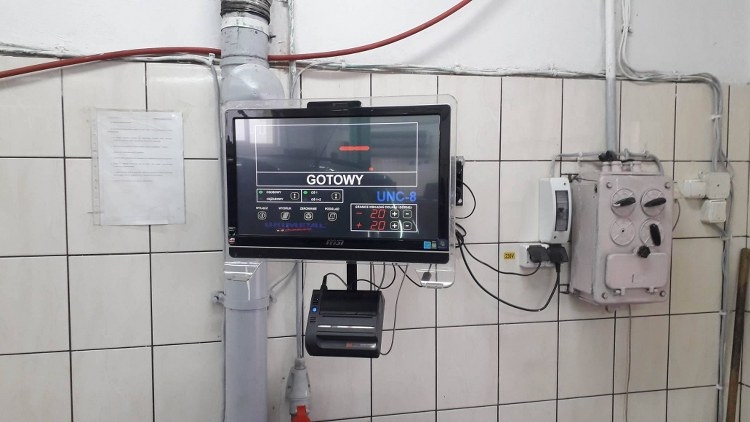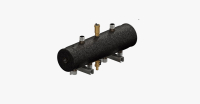Program Overview for the Motorcycle Repair and Maintenance Basics Program
In a motorcycle school, certificate programs will typically consist of eight different courses, with the student having the ability to select an area of concentration such as European motorcycles, Harley bikes or Asian motorcycles. The core classes will include topics such as brake systems, suspension systems, fuel systems, service techniques, electrical systems, four and two stroke engines and the fundamentals of electricity. During a six month to one year program the student will also participate in an apprenticeship where they will work alongside professional motorcycle mechanics for a period of three to six months. In this program the individual will learn by way of classroom instruction, lectures, live demonstrations and practical training.
The graduate from this type of program can find career opportunities in such positions as performance shop mechanic, dealership motorcycle mechanic, parts representative, specialty technician and head motorcycle sales associate.
Overview for the Motorcycle Technician Program
This program will take a more in-depth look at what it takes to work on different types of motorcycles in a professional garage. Motorcycle courses are one year in length and will consist of 18 different lessons that will focus on drive train systems, electrical systems, suspension, frame, carburetors, clutch and cooling systems.
Students will work as apprentices in professional motorcycle repair shops where they will carry out delegated tasks under the supervision of field professionals. Many of these schools will offer students job placement assistance after graduation. Students that show potential during their internships will often be offered paying positions once they have graduated.
A motorcycle technician program provides the graduate with the qualifications for such positions as motorcycle technician specialist, lead technician, supervision brake systems specialist, performance shop mechanic and carburetor specialist.
These schools will also offer one to two month long continuing education courses that are designed to keep the mechanic up to date with the advancements made by different top manufacturers in the field. Typically, these courses will be paid for by the mechanics employer and will be part of an employment requirement once or twice a year. Seminars for motorcycle technology and developments can also be found through this type of school and will include two day educational seminars and workshops.












